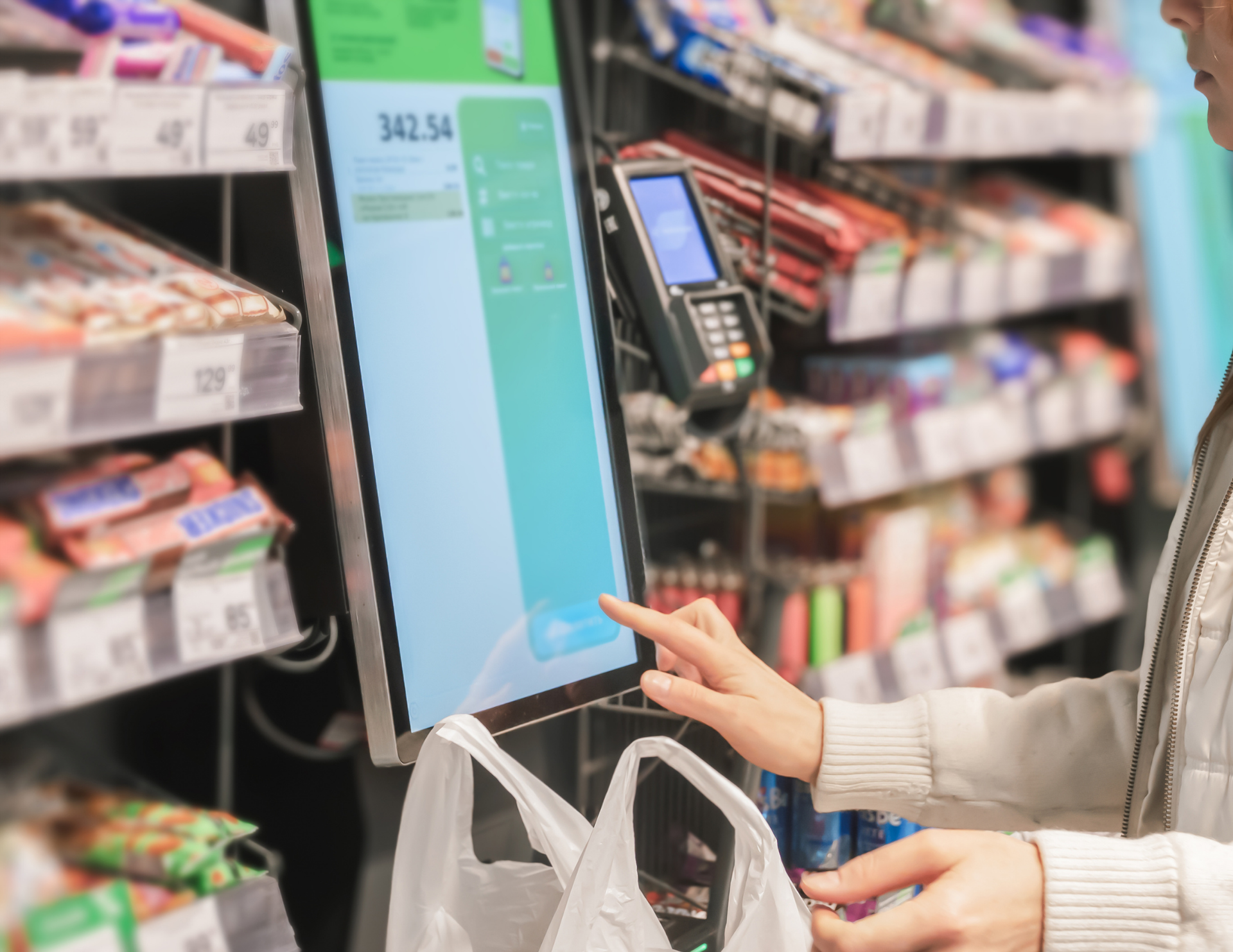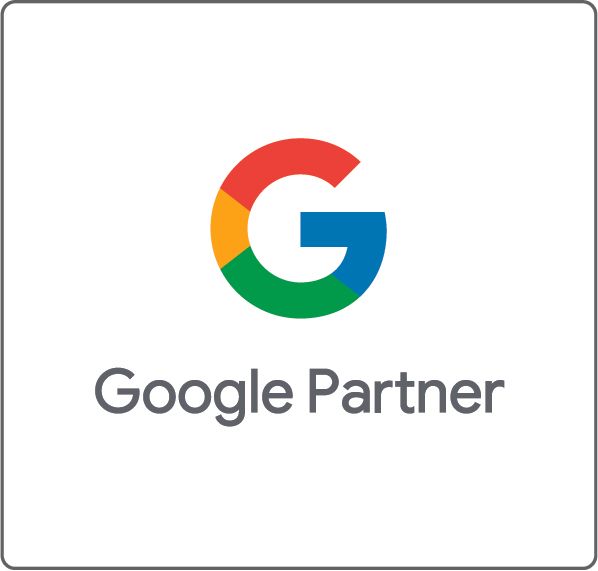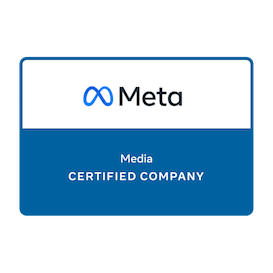The Shoppe - TikTok Campaigns, Online Grocery & More
Welcome back to The Shoppe! This week we’re covering the latest brands to take on TikTok advertising, expectations for the online success of the food and beverage industry, engagement opportunities for brands during this year’s Super Bowl and more. Be sure to subscribe to stay up to date with the latest marketing news.
This week, popular yogurt company, Chobani, released their latest product. As part of the company’s first TikTok campaign, the limited edition Cookie Dough Flip yogurt is exclusively available through the short-form video app. Through a combination of influencer marketing and paid ads within the app, users are encouraged to make a video using the hashtag #SwitchTheChobaniFlip for a chance to win a case of the limited product. In typical TikTok fashion, the campaign has brought in the attention of a completely new group of consumers for Chobani. Like many other brands, the company has been testing the waters of marketing on TikTok throughout 2020. From partnering with popular TikTok stars, to creating their own personalized content, the company has seen great success in reaching diverse audiences with specific interests. While Chobani has yet to share their digital sales numbers or digital media plans for the remainder of 2021, they have expressed their desire to continue incorporating TikTok into their strategy. It will be interesting to see how the rest of the campaign plays out, as well as which brands embrace similar strategies on the platform.
Attributing the accelerated growth of online food and beverage sales in 2020 to the impact of COVID-19, NielsenIQ shared their latest research at the FMI Midwinter Executive Conference last week. Focusing on the rapidly evolving, digitally engaged food shopper, the presentation outlined the developments of the industry and what we can expect to see throughout 2021. With 2020 online food and beverage sales totaling $66 billion, more than double than that of 2019, food and beverage has now become the No. 1 online CPG department. We can expect to continue to see this kind of growth within the industry, with experts predicting anywhere between $94 and $109 billion in forecasted online food and beverage sales in 2021. While 2020 challenged companies on a global scale to adapt to the evolution of a new consumer, it was a year of remarkable growth and has allowed for digital opportunities beyond what we’ve ever experienced.
In an effort to help brands maximize engagements with users during Super Bowl LV, Snapchat has published a report sharing typical user habits during previous year’s game days. With over 60% of Snapchatters stating they will be tuning in for this year’s Super Bowl, 61% of users anticipate using the app on game day, and expect to share the most snaps after a big play or a bad call, or during the halftime show. The platform expects Gen Z to be the audience with the highest potential to spark conversation within the app during the event, and encourages advertisers to join. With 68% of users live sharing videos, images and reactions from last year’s game, and 64% of users agreeing that brands make the Super Bowl more fun, this year’s Super Bowl is a great opportunity for brands to engage with Snapchatters.
Since announcing its changes to app tracking permissions, Apple’s latest software update, iOS14, has been at the forefront of the conversation surrounding user privacy. In the latest update from the company, they announced their plan to launch the feature in the upcoming release of iOS 14, iPadOS 14, and tvOS 14. The feature will allow users to check which apps have requested permission to track and share their IDFA identifier for ad targeting. Available within device settings, users will now be able to decline the tracking and sharing of their identifiers. As of November 2020, nearly 70% of IOS users were sharing their IDFA, but after this update it’s expected that this number will drop to 10-15%. Continuing to draw criticism from the digital advertising industry, this change will impact all third-party data sources. While platforms can still use first party data for advertising, platforms like Facebook and Google will have to make massive changes to its advertising services. As for users, opting out of IDFA sharing will eliminate the personalized ad experience. While these changes are a step forward for data privacy, they will force the advertising industry to adapt and create new ways to deliver personalized ads.
Never miss an update from “The Shoppe,” sign up for our email list today!
Subscribe
Sign up with your email address to receive news and updates.
Subscribe
We respect your privacy.
















